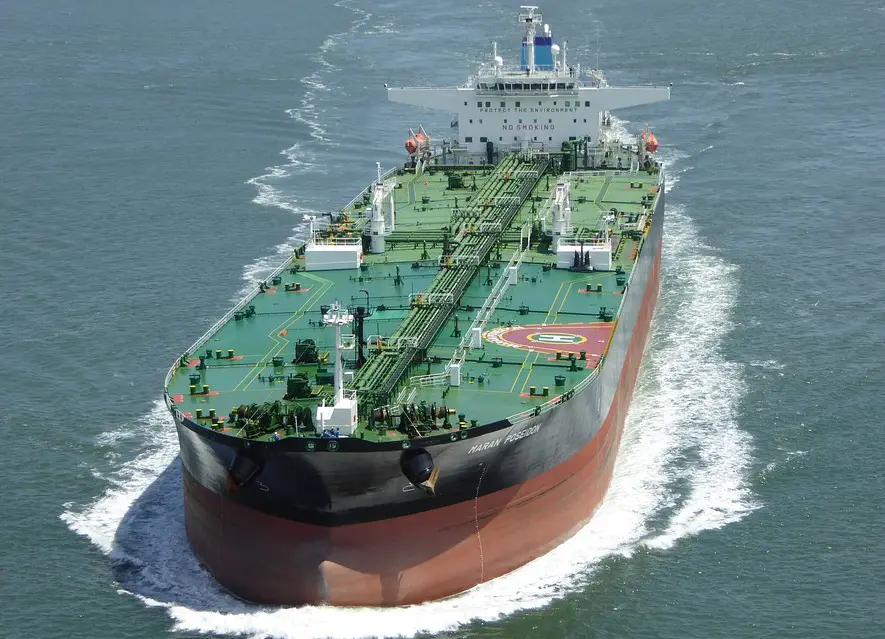European shipping companies have doubled the shipments of Russian oil they have contracted to move around the world since the start of the Ukraine war, despite the West’s efforts to squeeze the Russian economy by preventing Russian exports from reaching global markets.
An new analysis shows that shipping firms based in Greece, Cyprus, and Malta have massively increased the number of shipments of Russian oil they are moving, taking full advantage of enormous premiums for tanker cargos.
In the process Russia has made billions of dollars off the shipments, fueling Russia’s war machine. Unfortunately, analysts note the deal reached this week by EU member nations for a watered down embargo of Russian oil will do little to stop the lucrative trade to overseas customers.
Anti-corruption group Global Witness has released an analysis of Refinitiv shipping data showing the extent to which shipping companies from Greece, Cyprus, and Malta have profited off the booming trade in discounted Russian oil, all throughout the war in Ukraine. In February, companies from those three nations moved 31 million barrels of Russian oil, but by May that number had grown to 58 million barrels. In total, they moved 178 million barrels, worth $17.3 billion since February.
When the war started, companies from those three countries carried just about a third of all Russian oil exports, but by May they were carrying over 50% of Russia’s oil shipments.
Anastassia Fedyk, a finance professor at the Haas School of Business at UC Berkeley called the report, “very concerning.” She went on to say, “The EU has leverage over Russia due to inelastic energy supply: it is difficult and costly for Russia to divert its energy elsewhere. Allowing EU-flagged ships to carry Russian oil thus only undermines the EU’s own bargaining power. An oil embargo needs to be an oil embargo, and this is not an oil embargo. This is a policy that will partially decrease oil deliveries while promoting some structural changes in the oil logistics industry.”
The European Commission finally put together an embargo plan all members could agree on, however it will be phased in over months, and several member states managed to weaken it considerably with specific cutouts allowing their states to continue to receive pipeline oil, or have time before the plan enacts to adapt their infrastructure to new fuel sources. In the interim, Russian oil still flows. In addition, after lobbying from shippers in Greece, Malta, and Cyprus, EU-registered ships can continue to deliver Russian oil to non-EU countries.
Those non-EU countries are primarily India and China, which are fueling up their economies with shipments of heavily discounted Russian oil. China now leads the world in Russian oil imports.
Because so many companies have refused to deal with Russia as a matter of principle over the war in Ukraine, those that do collect top dollar for the shipments. Larger tankers cam make $32,500 per day shipping Russian oil. Before the invasion that number was $10,000.
Experts warn, the failure to control the export of Russian crude leaves a massive hole in the EU embargo. And given how the very prospect of the embargo drove up the prices Europeans are paying for fuel, what has been left is a policy which only hurt Europeans, even as Russia continued to get rich.
Ms Fedyk said, “Ordinary citizens in European countries have been paying more for Russian oil without actually punishing Russia – in fact, only increasing Russia’s revenues going towards the war, as the Russian ministry of finance has openly bragged. The exclusion of maritime sanctions is counterproductive and should be reconsidered urgently.”
Meanwhile, Russia will take in a historic $250 billion inflow of cash this year.

